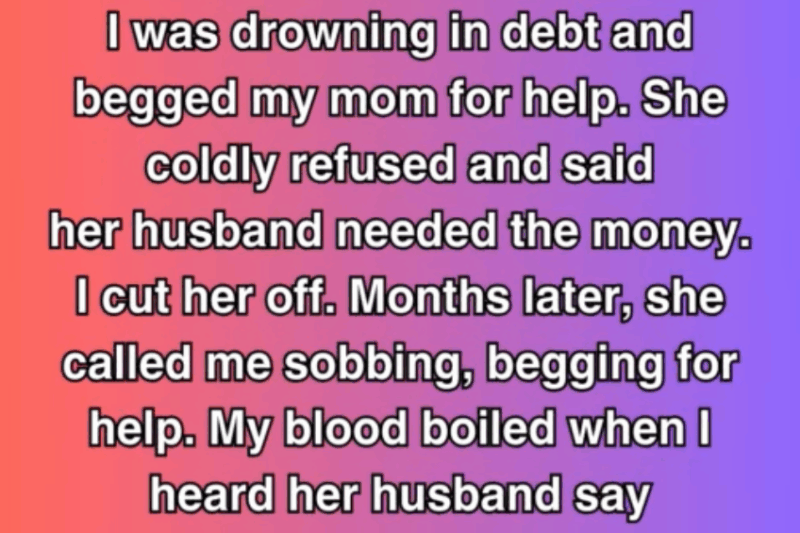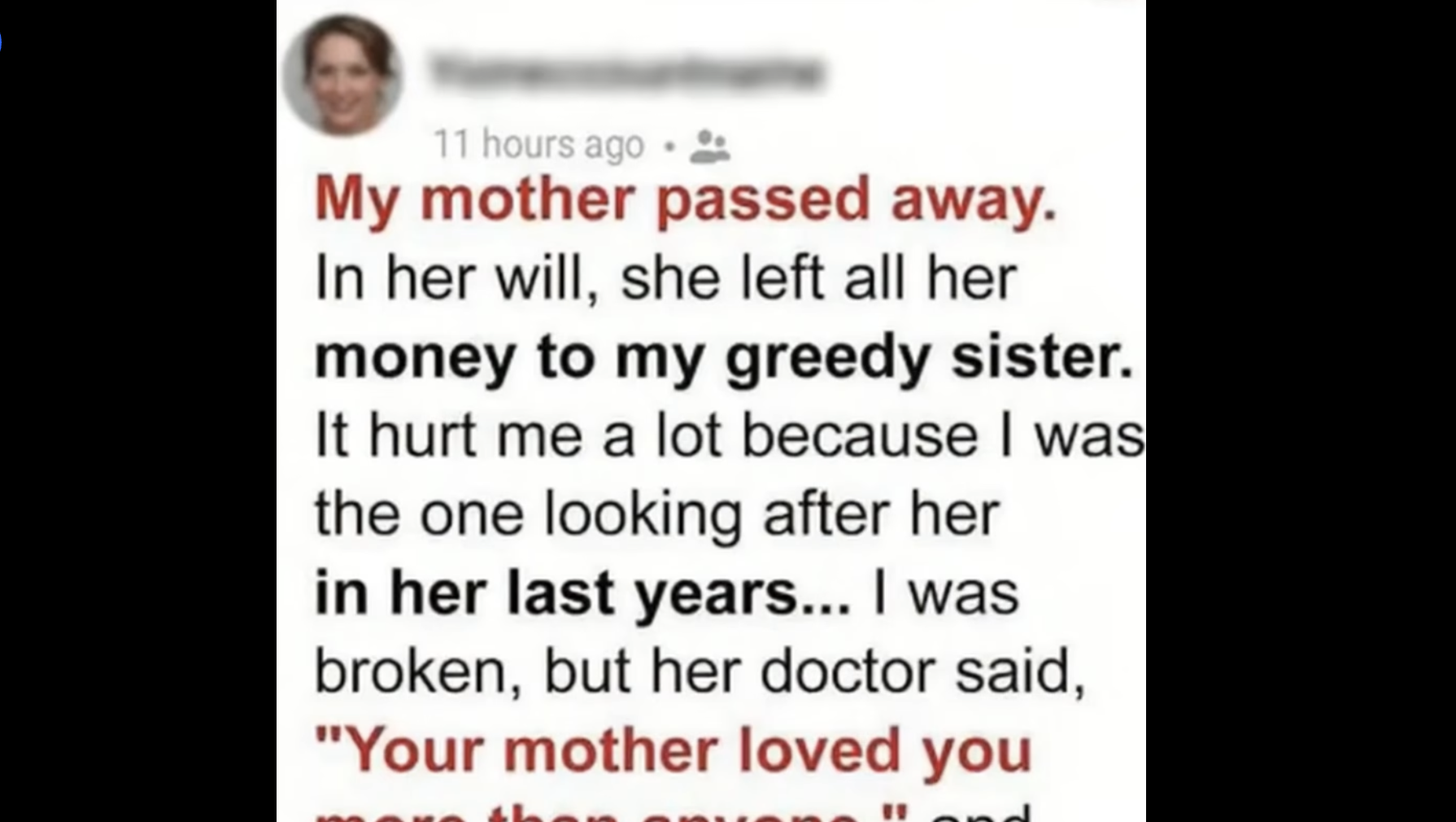Valeria Levitin: A Haunting Warning Against Extreme Dieting
At 39 years old, Valeria Levitin from Monaco is often referred to as the world’s thinnest woman, a distinction that brings with it a stark warning about the dangers of extreme dieting. Standing at 5 feet 8 inches (172 cm) and weighing only 27 kilograms (approximately 60 pounds), Levitin’s physical condition is a striking and sobering example of the severe toll that anorexia nervosa can take on the human body.
Originally from Russia, Valeria’s struggle with anorexia began during her teenage years. She has spoken openly about the factors that contributed to the onset of her eating disorder, citing a combination of familial pressure, societal expectations, and an unhealthy focus on weight. Her mother reportedly monitored her weight obsessively, often expressing disdain for individuals who were overweight. This environment, combined with the pervasive societal pressure on young women to conform to unrealistic body ideals, contributed to Valeria’s distorted relationship with food and body image.
Over the years, Valeria has endured numerous health complications as a result of her extreme thinness. She suffers from fatigue, brittle bones, and weakened immunity, all of which are common consequences of prolonged malnutrition. Despite these challenges, she has become a visible figure in media reports and documentaries, not for glamour, but as a living cautionary tale.
Levitin has received letters and messages from young girls around the world who are both fascinated and inspired by her appearance, often seeking advice on how to achieve similar thinness. This alarming response underscores the powerful influence of media and social standards on young people and highlights the urgent need for education about healthy body image, nutrition, and mental health.
While many might view Valeria’s life from a superficial perspective, she emphasizes that her goal is not to gain attention for being thin. Rather, she wants to use her experiences to educate and warn others. Her advocacy focuses on spreading awareness about the physical and psychological dangers of extreme dieting, including severe malnutrition, organ damage, and long-term mental health effects.
Levitin’s story serves as a poignant reminder of the complex nature of eating disorders. She stresses that anorexia is not a simple matter of vanity or a desire to be thin, but a serious mental health condition that requires understanding, support, and professional intervention. By sharing her journey, Valeria hopes to prevent others from going down a similar path and to encourage young women to value self-acceptance and balanced nutrition over dangerous weight loss practices.
Medical experts have weighed in on cases like Valeria’s, highlighting that anorexia has one of the highest mortality rates among mental health disorders. Early intervention, psychological counseling, and proper nutritional guidance are critical to recovery. Levitin herself has spoken about the challenges of seeking help and the stigma often associated with eating disorders, making her story even more relevant in today’s conversation about mental health awareness.
Despite her ongoing health struggles, Valeria continues to use her voice to challenge unrealistic beauty standards. She has appeared in interviews, photo essays, and documentaries not to glorify her condition, but to offer a candid perspective on the dangers of extreme dieting and the human cost of societal obsession with thinness.
Valeria Levitin’s life is a stark example of the consequences of untreated eating disorders, but it is also a platform for education and prevention. She encourages parents, educators, and healthcare professionals to take young people’s concerns about weight and body image seriously and to provide guidance rooted in health, not appearance.
In sharing her story, Valeria hopes that fewer young women will suffer as she did. Her message is clear: extreme dieting is not a path to beauty or success—it is a threat to life itself. Through awareness, support, and education, she believes that the next generation can be spared from the dangers that she endured, and that young girls can learn to prioritize their well-being above societal pressures.



